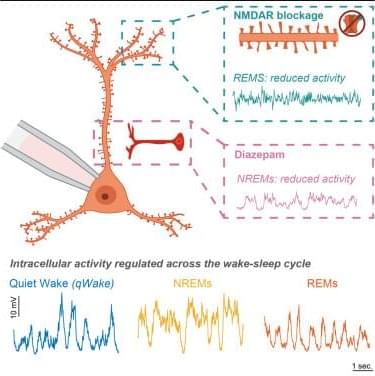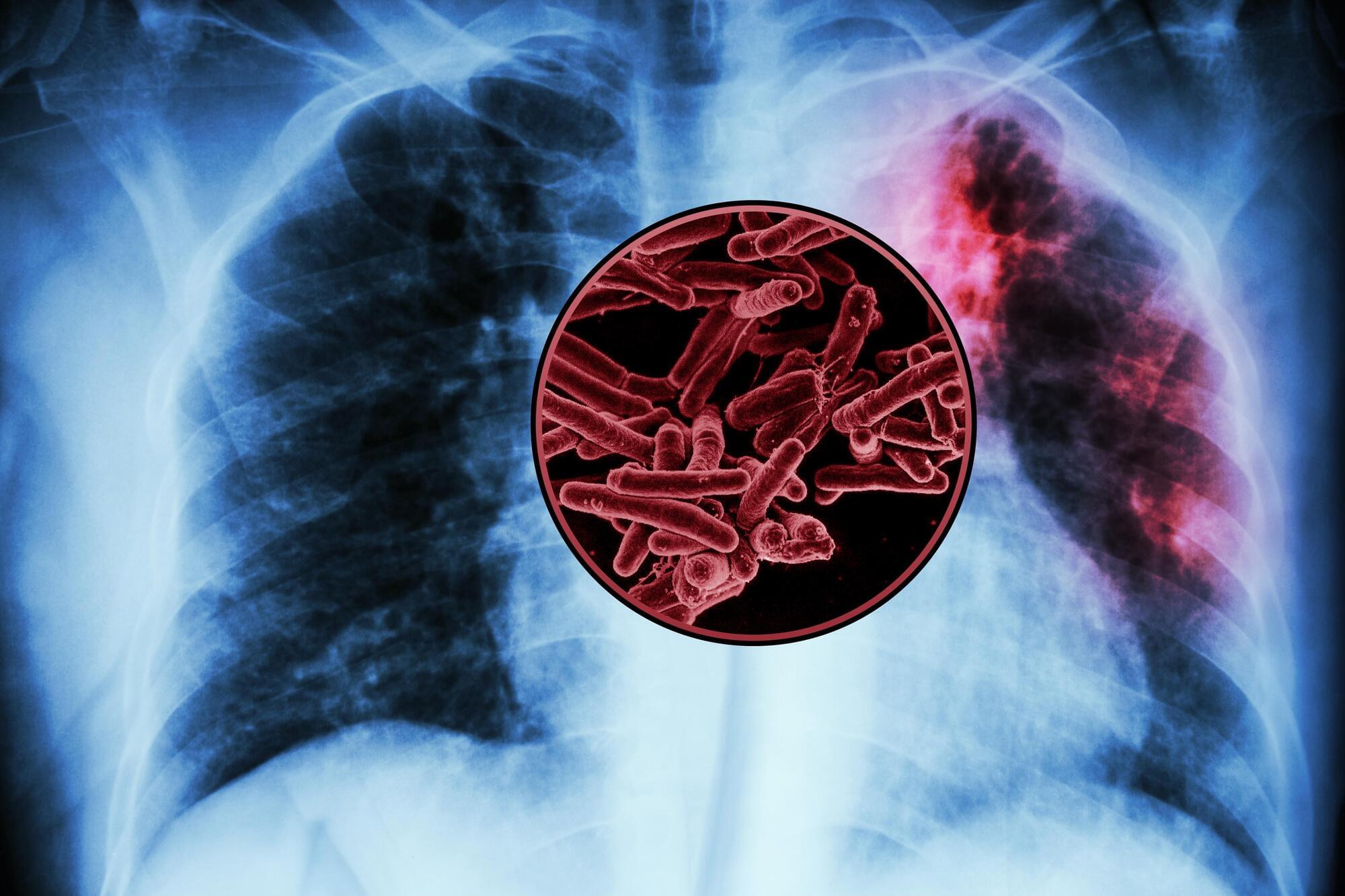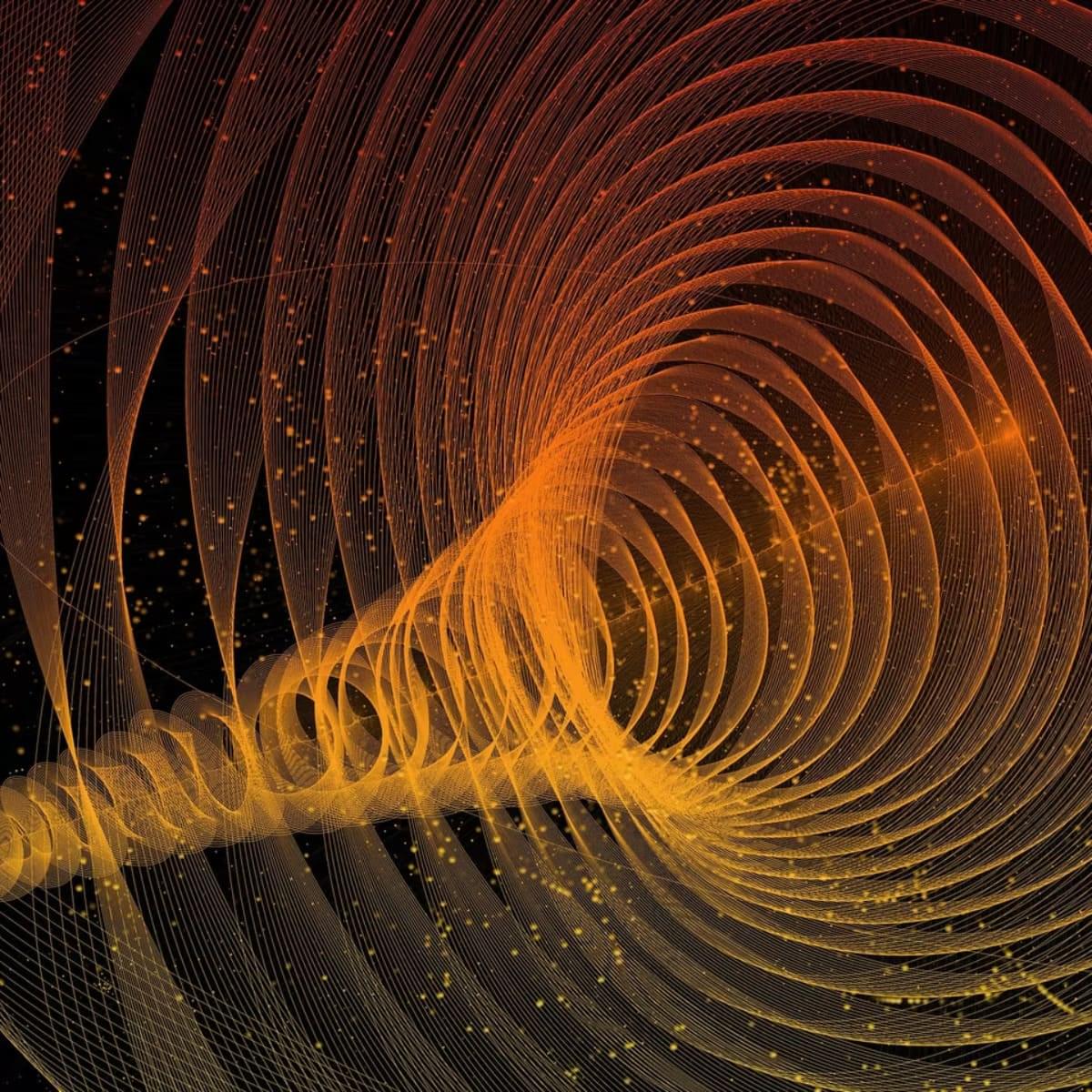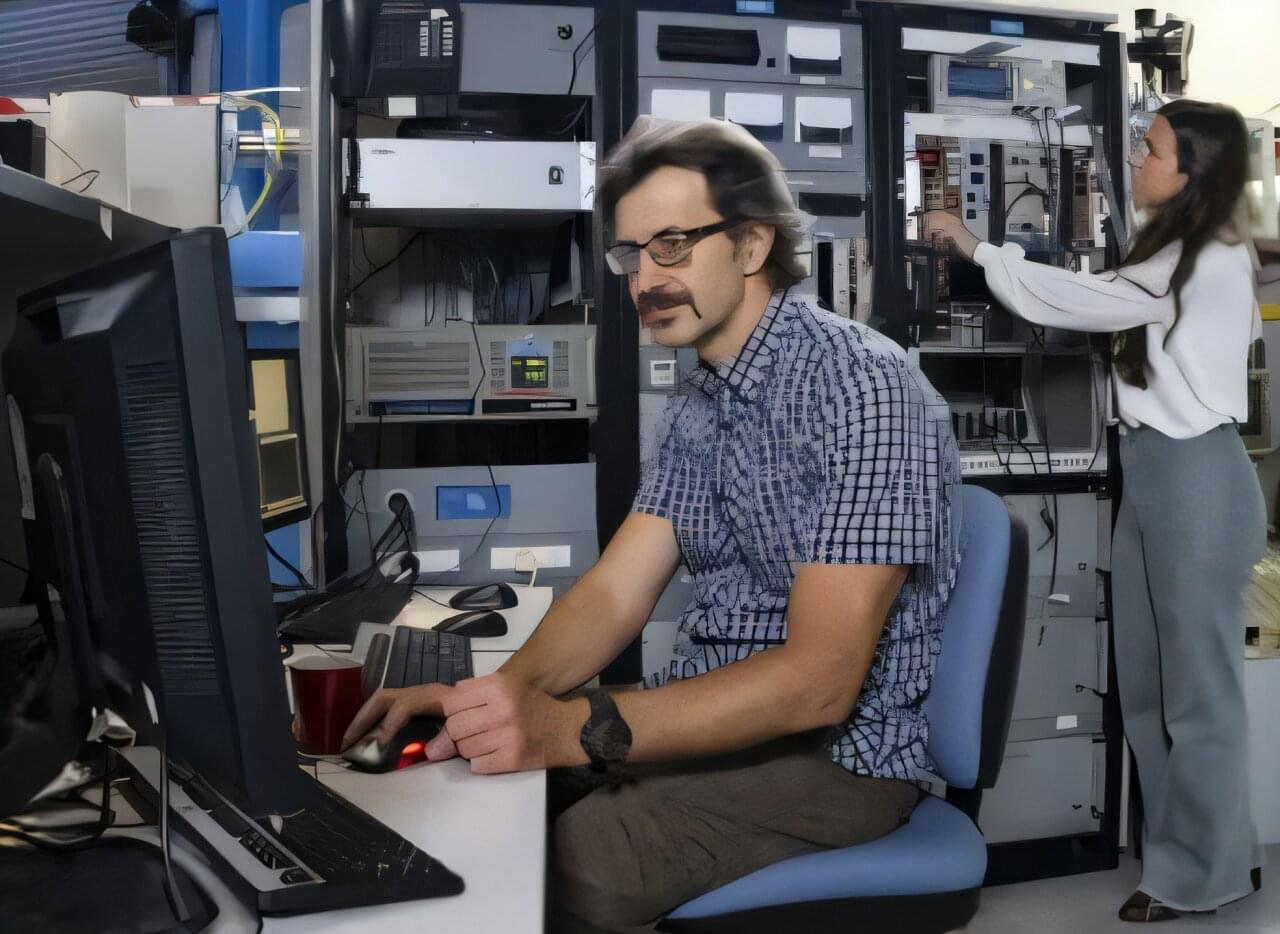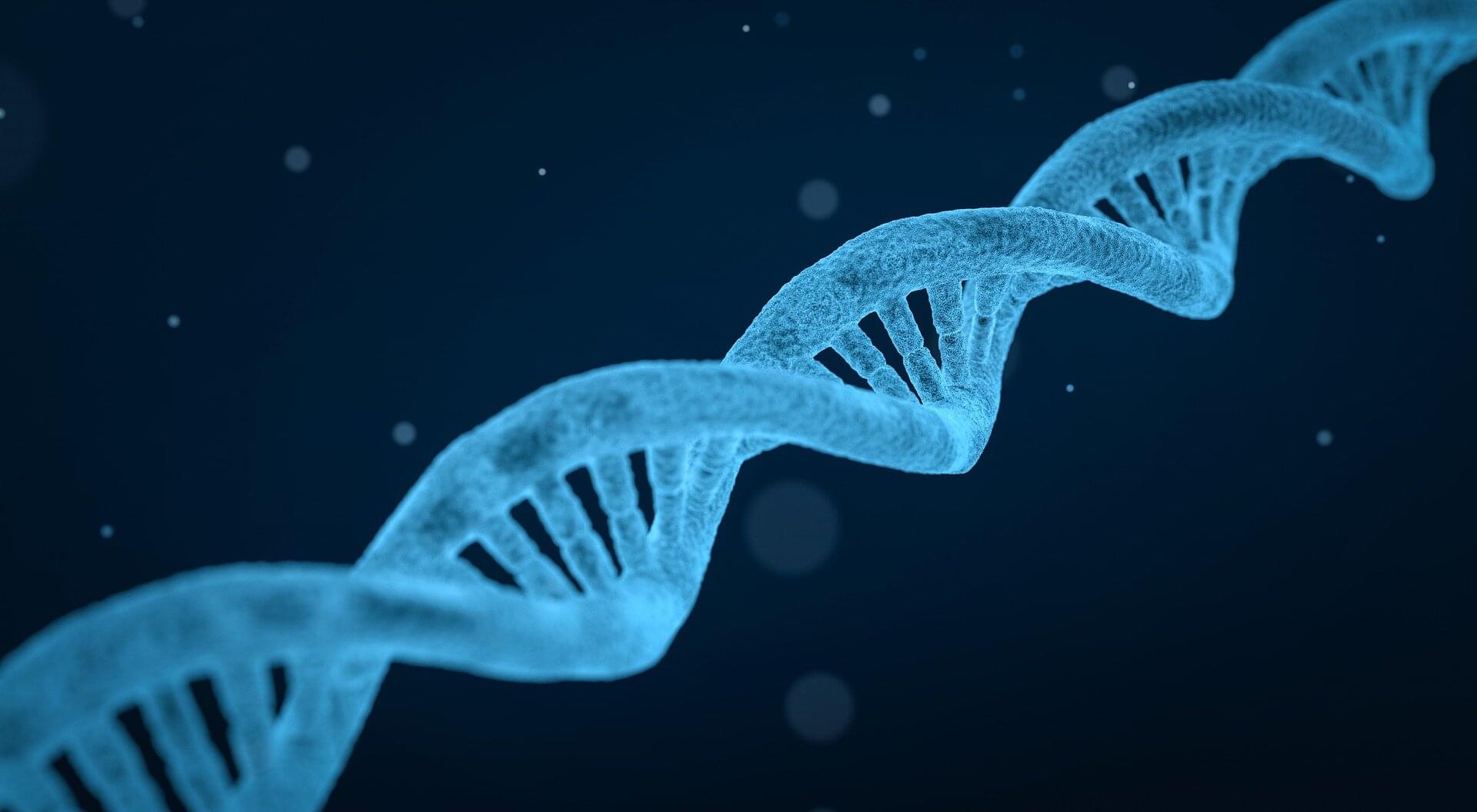For years, the dream of a fully secure quantum Internet has been held back by a single, stubborn obstacle: repeaters. Whenever quantum networks needed them, scientists had to fall back on traditional models — a compromise that opened the door to potential security flaws. But now, researchers have finally filled in the missing piece of the puzzle, bringing the first true quantum relays within reach.
Unlike traditional data systems, quantum communication relies entirely on light. Instead of sending electrical signals, it uses pairs of entangled photons to create an unbreakable secret key between sender and receiver. Theoretically, this makes eavesdropping impossible — any attempt to intercept the signal would immediately destroy it.
Even with its promise of speed and security, quantum communication hasn’t yet reached everyday use. The main challenge lies in preserving quantum information. Only a handful of photons can travel together, and their light signal fades quickly over long distances.
